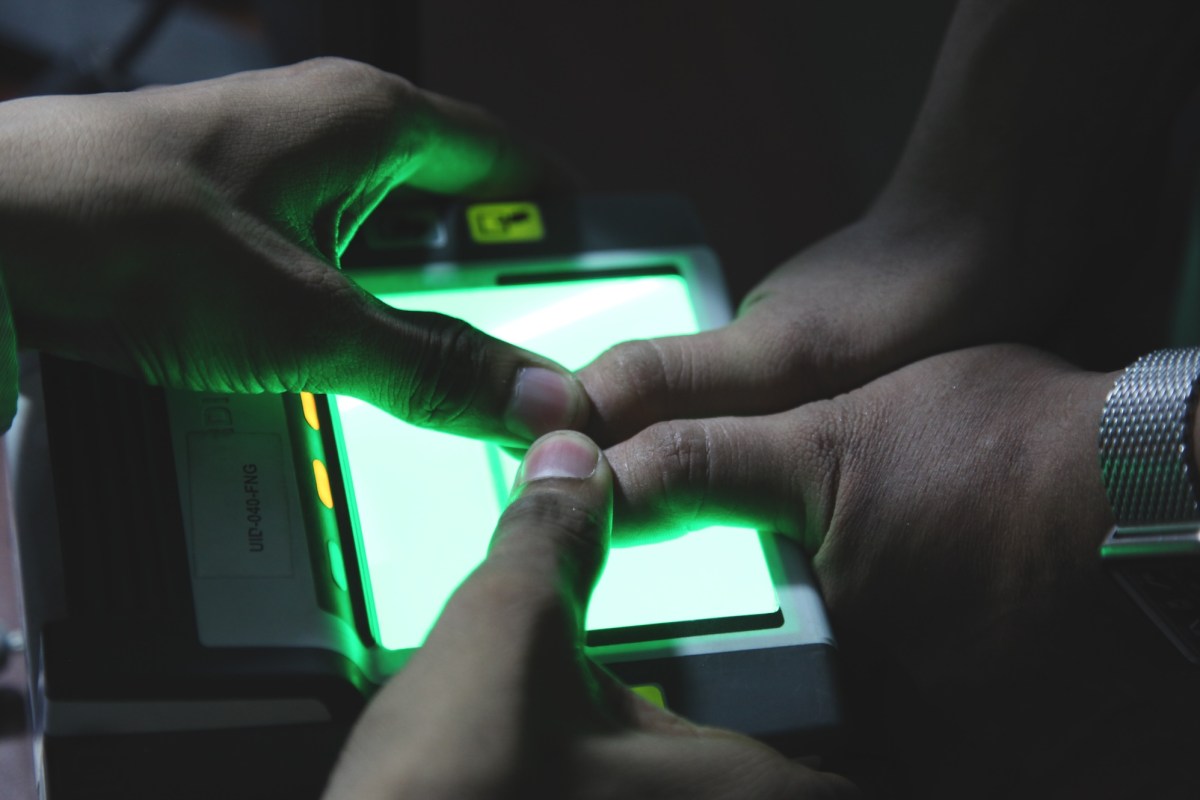Controversial internet bill KOSA passed by Senate | TechCrunch
The Kids Online Safety Act (KOSA) has passed in the Senate after Majority Leader Chuck Schumer (D-NY) pushed the internet bill to a vote.
Proposed in 2022, KOSA requires that online platforms take reasonable steps to protect users from harm, and could become the most significant children’s online safety legislation to take effect since COPPA. This “duty of care” would apply to large internet companies, like social media platforms, gaming networks and streaming services.
Under KOSA, platforms can be held legally accountable if they don’t prove they’re doing enough to protect minors from a long list of harms, including sexual exploitation, eating disorders, suicide, substances abuse and advertisements for age-restricted products like tobacco or gambling. These companies would have to disclose when and how they’re using personalized content recommendation algorithms, and give minors the option to opt out of data collection. On minors’ accounts, these companies would have to limit addictive features like autoplay, or ones that gamify engagement.
Despite its noble intentions to protect children, critics have expressed worries that the bill could be misused to enact surveillance and censorship. In order for platforms to determine which users are minors, they would have to use some sort of age verification system.
Among privacy advocates, age verification is frowned upon because it limits the ability to use the internet anonymously, which could endanger whistleblowers, human rights activists and people trying to flee dangerous situations, like victims of domestic abuse. These identity verification platforms could be vulnerable to hackers. Au10tix – a service used by X, TikTok, and Uber – left administrative credentials exposed online for over a year, which could have allowed cybercriminals to access people’s drivers’ licenses and social security numbers.
“Collecting ID online is fundamentally different – and more dangerous – than in-person ID checks in the physical world. Online ID checks are not just a momentary display – they require adults to upload data-rich, government-issued identifying documents to either the website or a third-party verifier, and create a potentially lasting record of their visit to the establishment,” said India McKinney, Director of Federal Affairs at the Electronic Frontier Foundation, in a statement.
Since KOSA was introduced in 2022, some human rights groups have been worried about the potential for the bill to be weaponized against LGBTQ+ youth.
In a previous version of KOSA, activists pushed back against a part of the bill that would give individual state attorneys general the ability to decide what online content is appropriate for minors to access. This ability could potentially be weaponized against marginalized kids in a time when LGBTQ+ rights are already being attacked on the state level. As of a February edit to KOSA, the bill now gives the Federal Trade Commission (FTC) the right to enforce the legislation. While some LGBTQ+ activist groups like the Trevor Project and GLAAD backed down after these changes, some advocates remain concerned.
“Under a potential Trump administration, the FTC could easily use KOSA to target content related to gender affirming care, abortion, racial justice, climate change, or anything else that Project 2025 infused agency is willing to claim makes kids ‘depressed’ or ‘anxious,’” said Evan Greer, Director of Fight for the Future.
Senator Marsha Blackburn (R-TN), who introduced the bill alongside Senator Richard Blumenthal (D-CT), has dismissed these concerns.
Jamie Susskind, Senator Blackburn’s legislative director, said in a statement, “KOSA will not – nor was it designed to – target or censor any individual or community.”
Not all legislators are convinced, though. Senator Ron Wyden (D-OR) explained in a statement why he does not support KOSA.
“Unfortunately, KOSA’s improvements, while constructive, remain insufficient,” he said. “I fear this bill could be used to sue services that offer privacy-enhancing technologies like encryption or anonymity features that are essential to young people’s ability to communicate securely and privately without being spied on by predators online. I also take seriously concerns voiced by the American Civil Liberties Union, Fight for the Future, and LGBTQ+ teens and advocates that a future MAGA administration could still use this bill to pressure companies to censor gay, trans and reproductive health information.”
Among tech companies, KOSA has picked up steam. Microsoft, X and Snap all came out in support of the bill, even though the requirements may be challenging for the companies to meet.
KOSA would have to pass in both the Senate and the House of Representatives before it heads to President Joe Biden’s desk, who has indicated that he supports the bill and would sign it into law. But the House has its own version of KOSA and may not be friendly to the bill as written by the Senate. (This paragraph originally stated that the bill had passed back and forth with amendments, which is incorrect; it is more accurate to say there are versions competing in parallel.)
“With vocal opposition from the chair of the House Energy and Commerce Committee, House leadership, and even the youngest member of the House, Maxwell Frost, KOSA currently has no path to becoming law,” Greer said.
But even if the House and Executive act swiftly to turn the bill into law, the Electronic Frontier Foundation has maintained that the Kids Online Safety Act is unconstitutional.
“It’s an unconstitutional censorship bill that would give the Federal Trade Commission, and potentially state Attorneys General, the power to restrict protected online speech they find objectionable,” said McKinney. That means KOSA would likely face legal challenges from day one.




